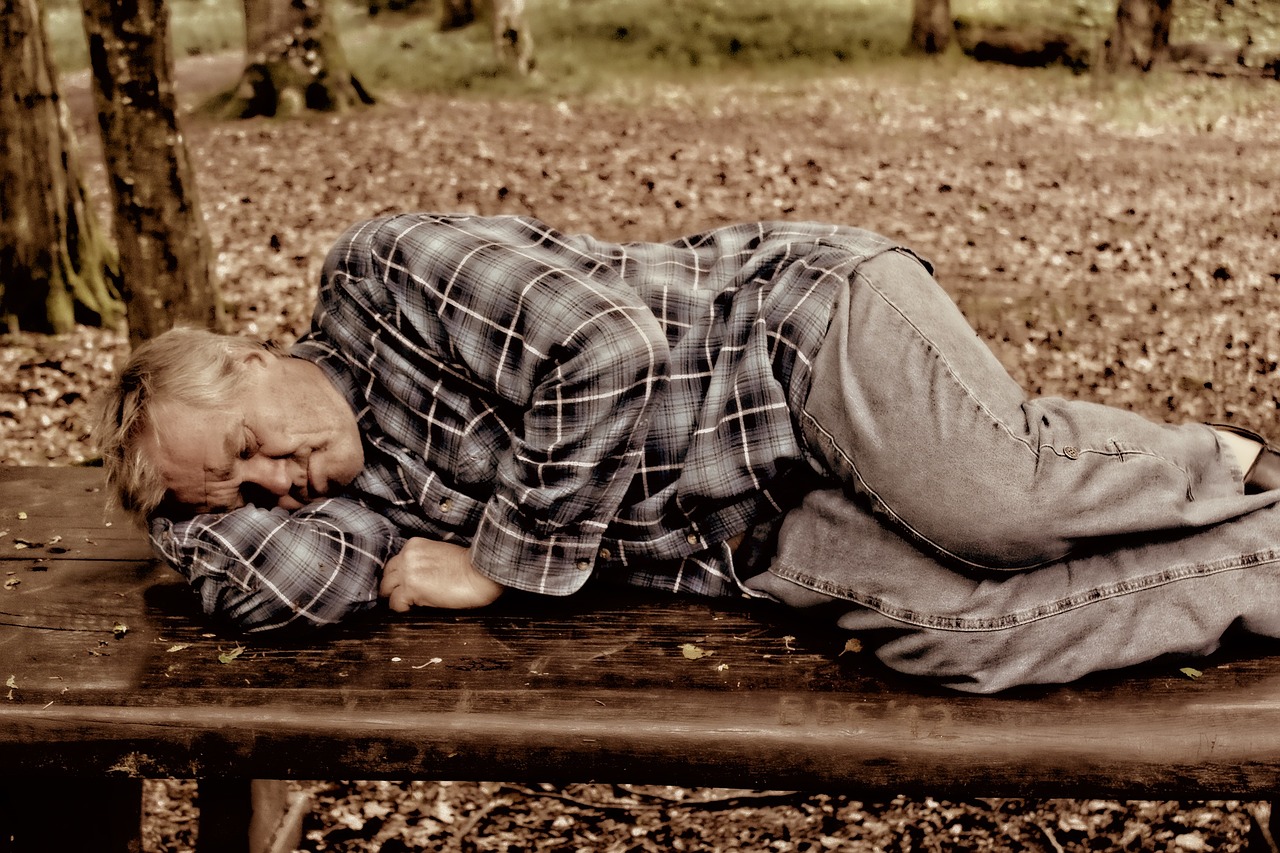
No matter your age, it’s important to get a good night’s sleep, and it is especially important for the elderly to get a solid 40 winks in order to stay healthy, mobile and mentally sharp.
Sleeping well becomes harder as you age, with sleep patterns changing and waking up more during the night, as well as rising earlier in the morning.
The Global Council on Brain Health, an independent collaboration of experts, co-founded by Age UK, offers advice on brain health. They have recently stressed the importance of getting a good night’s sleep to maintain a healthy brain and body which allows them to stay mentally and physically sharp in their elder years.
OAP’s should aim for seven to eight hours of sleep per night, because any less than that can result in you feeling tired and groggy. If a lack of sleep persists over time, it can have detrimental effects on your body such as being at higher risk of heart disease, obesity, diabetes and fall-related injuries and cancer.
Below you will find some tips below that will ensure you get the right amount of sleep to keep your body healthy and your mind focused in your elder years:
- Use an alarm clock to get up the same time every day.
- Expose yourself to natural sunlight during the daytime as much as possible; we have a wide range of high quality mobility scooters that are the perfect tool to help you get you out and about.
- Don’t look at an electronic screen of any kind after you get in bed.
- Avoid medicating with over the counter sleep preparations; this is just masking the problem.
- Wear socks and thermal layers to keep warm in bed.
- Keep pets that love to jump around on your bed and disturb sleep out of the bedroom, if they must be in the room, make sure they have their own bed on the floor.
- Limit daytime naps to 30 minutes and never after 3pm.
- Don’t drink alcohol or self-medicate to help you to sleep.
- Do not eat just before bed, try and eat dinner around three hours before your bedtime.
- Don’t drink coffee after lunchtime and caffeinated teas after 4pm.
Other articles you may also find helpful:
The best wheelchair friendly attractions in the South-West
Top reasons to get outside this Spring





